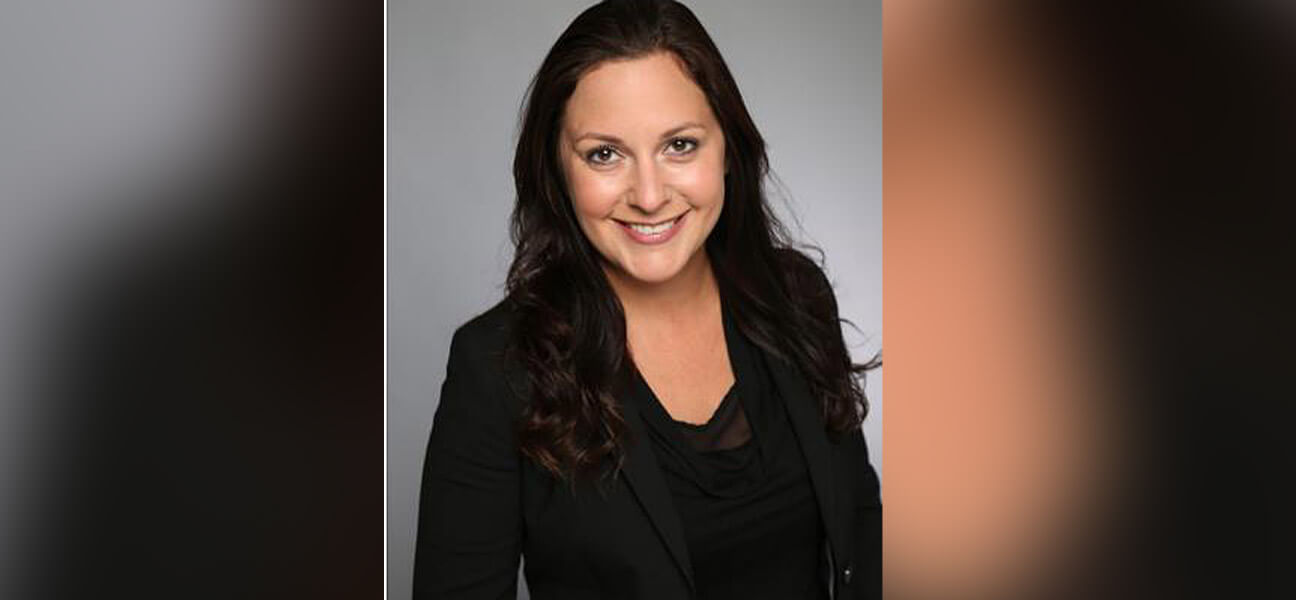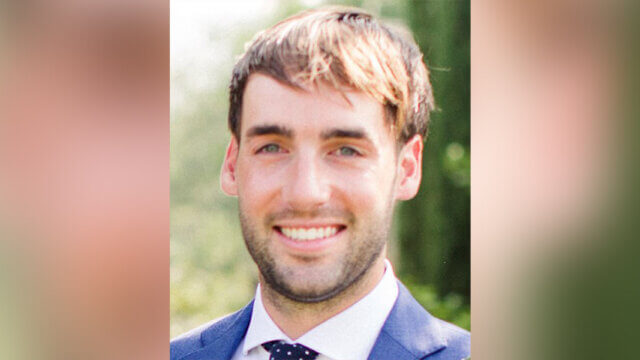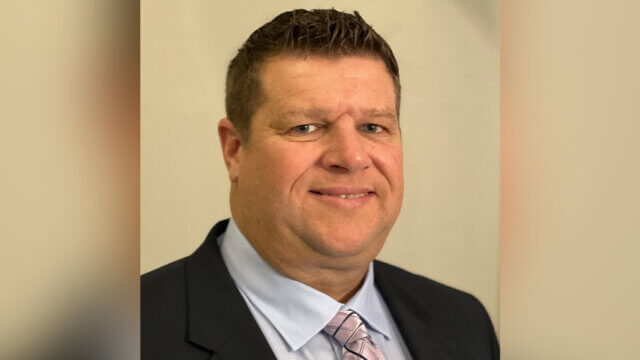By Rachel Bird
Everyone loves to travel, and the LGBTQ+ community is no exception. Many in the community have more disposable income than others and tend to take trips more frequently than other segments. The LGBTQ+ community is quickly becoming a key market, growing rapidly with a high value audience for the travel industry, so much so it’s predicted to include 180 million travelers globally by 2030.
However, a 2021 survey from Orbitz revealed that traveling is one of the top situations in which LGBTQ+ respondents feel the need to downplay their identity. A fifth “always” research a destination to see if it is LGBTQ+ friendly before planning a trip, and of 2,000 people surveyed, six in every 10 LGBTQ+ Americans had previously canceled a trip due to feeling unsafe.
As top destinations are welcoming travelers once again, industry experts predict that LGBTQ+ travelers are likely to be among some of the first to hit the road. With travelers now making more value-based booking decisions, such as seeking accommodation providers that share their views on inclusivity, it is critical for travel organizations to demonstrate they are welcoming to all.
For travel industry leaders, reaching out to LGBTQ+ travelers in an informed and genuine way is essential in attracting these guests. The industry now offers a growing number of filtering tools to help travelers make informed decisions. There are several steps travel industry can take to show that they’re an inclusive destination.
A good first step is to incorporate same-sex couples and transgender travelers in marketing materials, which showcases the variety of guests and openness of the owners and staff to all. Some hotels and attractions can consider devoting a portion of their webpage to the LGBTQ+ community with events, guest reviews, special packages and rates tailored specifically to them.
For example, hotels and popular destinations are seeing a growing number of same-sex weddings and honeymoons, and developing specific packages or promotions for these exciting events will demonstrate a willingness to make any celebration memorable and special. Key calendar moments for things such as Pride events, which often see a large increase in LGBTQ+ travel, can be important opportunities for targeted packages and promotions for the LGBTQ+ community.
Another key area for ensuring that all aspects of the travel experience are welcoming and accepting is staff training. It is crucial that all employees receive training on sexual orientations and gender identities. For example, staff should be encouraged to withhold using gender-specific terms and use universal greetings such as “good evening” misusing a guest’s preferred pronouns. It will also be highly beneficial for all staff, and especially concierges, to be able to make LGBTQ+ recommendations to guests, such as the best neighborhoods, restaurants and activities.
Finally, an organization should display support of the LGBTQ+ community publicly. Destinations should take a firm stance on any discriminatory behavior and have a zero-tolerance policy on anything that would not align with inclusive values.
Travel is a force for good, helping to broaden horizons and improve understanding of different cultures and identities – something the world needs today like never before. Diversity and acceptance are and should always be at the heart of the travel industry, and travel leaders must foster an environment that is welcoming to all traveler demographics, making travel accessible and enjoyable to all.
Rachel Bird is VP, account management, North America with Expedia Group.
This is a contributed piece to Hotel Business, authored by an industry professional. The thoughts expressed are the perspective of the bylined individual.




